Amadeus (1985)
Until the 1989 Velvet Revolution, this was the biggest Hollywood production to be filmed locally. Director Miloš Forman chose Prague for his Oscar-winning tale of composer Wolfgang Amadeus Mozart because it looked more like 18th-century "Vienna" than Vienna did. It didn’t hurt that Forman was able to film inside Prague's Estates Theater, where Don Giovanni premiered in 1787.
Bony a Klíd (1987)
Vít Olmer’s dark, communist-era classic, while not a "great" film, nevertheless dared to take a hard look at corruption in communist Prague long before the Velvet Revolution was a twinkle in anyone's eye. The film was released and then banned and then released again, but was widely circulated underground on video. The film features arguably the best- (or worst-) ever use of a "Frankie Goes to Hollywood" soundtrack. As a personal aside, I once showed this film as part of a course on Central European culture I was teaching at Prague’s Anglo-American University. The only problem was that I'd forgotten how borderline-pornographic some of the scenes were. The students (and the teacher) were surprised (to say the least).
Closely Watched Trains (Ostre sledované vlaky; 1966)
Czech director Jiří Menzel’s adaptation of Bohumil Hrabal’s comic World War II classic won an Oscar for Best Foreign Film in 1967 and put the Czech "New Wave" on international radar screens. Watch for the scene where young Miloš gently broaches the subject of premature ejaculation with an older woman while she lovingly strokes the neck of a goose. And no, I didn’t show this film as part of any university class.
Cozy Dens (Pelíšky; 1999)
This sad, funny story unfolds over the year leading up to the 1968 Warsaw Pact invasion and focuses on the lives of families who live in the same apartment block but who have radically differing political views. Czech directors have yet to make the definitive film about life under communism, but this attempt comes close. It’s since become an annual Christmas classic in many households.
Czech Dream (Český sen; 2004)
One of the better Czech documentaries from the post-Velvet Revolution years. Two local wags decide to fake the opening a new hypermarket, even handing out flyers promising the lowest prices ever, and then film the result. The ending is both predictable and sad; an allegory of the newly capitalist Czech Republic. The Czechs have been sold a bill of goods only to find out it’s all an illusion anyway.
Divided We Fall (Musíme si pomáhat; 2000)
Jan Hřebejk and Petr Jarchovský’s comic but unsparing view of the German World War II occupation and the Czechs who collaborated. The story concerns a couple who decide to hide a Jewish refugee in their house and the convoluted steps they need to take in order to conceal their actions – including publicly embracing the Nazis.
The Elementary School (Obecná škola; 1991)
Czech films excel when it comes to smaller themes and slice-of-life stories that walk a fine line between comedy and something more serious. The talented father and son duo of Zdeněk and Jan Svěrák recreate the easy, eternal charm of earlier Czech films like “Loves of a Blonde” or “Closely Watched Trains” to tell the story of a group of unruly boys and their new taskmaster schoolteacher. It was shortlisted for an Oscar for Best Foreign Film in 1992 but didn’t win.
Kolya (Kolja; 1996)
When director Jan Svěrák’s Oscar-winning tale of an aging Czech bachelor and a cute Russian kid first came out it was cheered for helping salvage the international rep of Czech films. I haven't watched it in a while (but it's on Netflix, so I will get to it again soon). My sense, though, is that it hasn't aged that well and is now seen as kind of syrupy. It's still worth a look for the sumptuous shots of what was intended to be pre-revolutionary Prague. I'm sure I will love it again once get a chance to re-watch it.
Loners (Samotáři; 2000)
David Ondříček’s hugely influential film set the standard for the ensemble-driven, life-of-a-twenty-something chronicles that for a time became a staple of post-Velvet Revolution Czech cinema. I re-watched the film on Netflix a few weeks ago and found that it really caught something of the still-raw look, feel and mood of 1990s' Prague.
Loves of a Blonde (Lásky jedné plavovlásky; 1965)
Miloš Forman’s bittersweet story of unrequited love between a naïve girl from a small factory town and her more sophisticated Prague crush. I consider this to be Forman’s finest film, effortlessly conveying both the innocence and the hopelessness of those gray days of the mid-1960s. You'll be hooked from the opening song, "Hooligan."
My Sweet Little Village (Vesničko má středisková; 1985)
Maybe I’ll write a personal letter of thanks to Netflix for adding this beautiful film by director Jiří Menzel to their collection. I’d heard for years from Czech friends that I needed to give it a watch, but for some reason I avoided it. How good could a film about a “sweet little village” really be? Don’t make my mistake. It’s hysterically funny and highly moving, and a fitting successor to all those great films from two decades earlier. It’s firmly lodged on my "Top 10" best films ever list.
Panel Story (Panelstory; 1979)
Director Věra Chytilová’s classic from communist times about young families who buy apartments in the new high-rise apartment blocks going up on the edges of town only to discover how poorly constructed they are -- and how the shiny, brand-new apartments don't always translate into shiny, brand-new lives. It’s mesmerizing from the opening shot on.
Run, Waiter, Run! (Vrchní, prchni! 1980)
Popular slapstick comedy, a collaboration between director Ladislav Smoljak and writer Zdeněk Svěrák, tells the story of a sex-addicted bookstore manager who masquerades as a waiter in order to cheat restaurants and make ends meet (yes, that’s basically the plot). The film might offend if viewed purely through a #metoo lens (the main character is far from perfect), but it’s also very funny in spots. I laughed out loud a few weeks ago when I cued it up again on Netflix.
The Ride (Jízda; 1994)
Hugely influential Czech road movie starring a young Anna Geislerová, who hitchhikes her way to hopeful freedom. The Ride captured something of the optimism and spirit of those early post-revolutionary years.
Walking Too Fast (Pouta; 2009)
I’m embarrassed to admit I missed this movie when it debuted and won several Czech film awards. One of my criticisms of Czech period dramas generally is that they are often over-stylized: the actors are too glamorous, the settings too lush. This film, set in the gray, claustrophobic confines of 1982 Prague, gets the feel just right. The basic plot concerns a hardcore state security (StB) agent who’s determined to ruin the life of a dissident writer, but the story is much more about the officer’s meltdown when he fails to bend every character in the film to his will. Something about a cop self-destructing when he loses control felt very timely in our current social-justice moment.
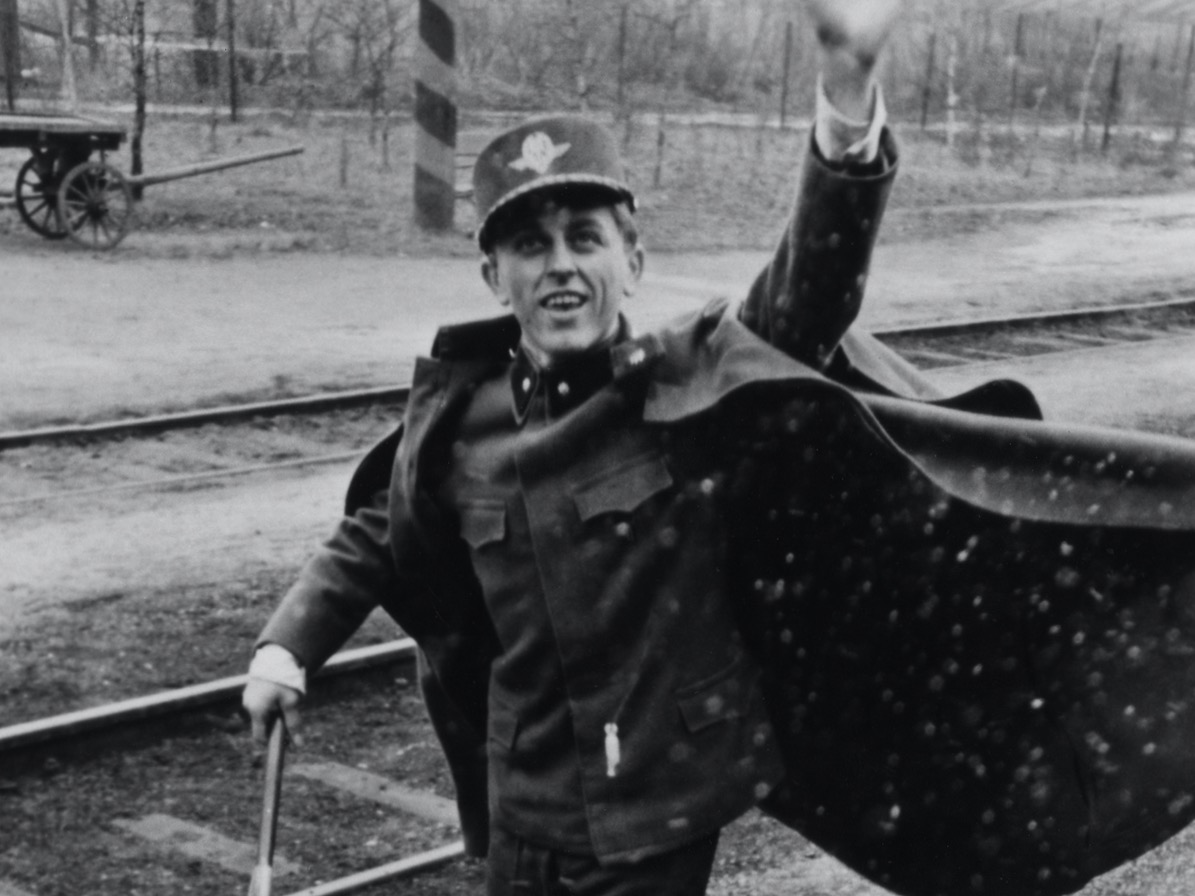
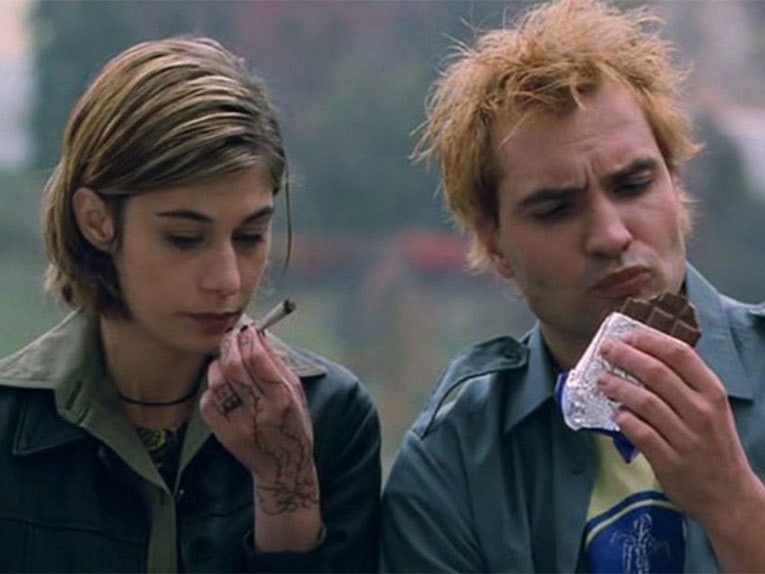
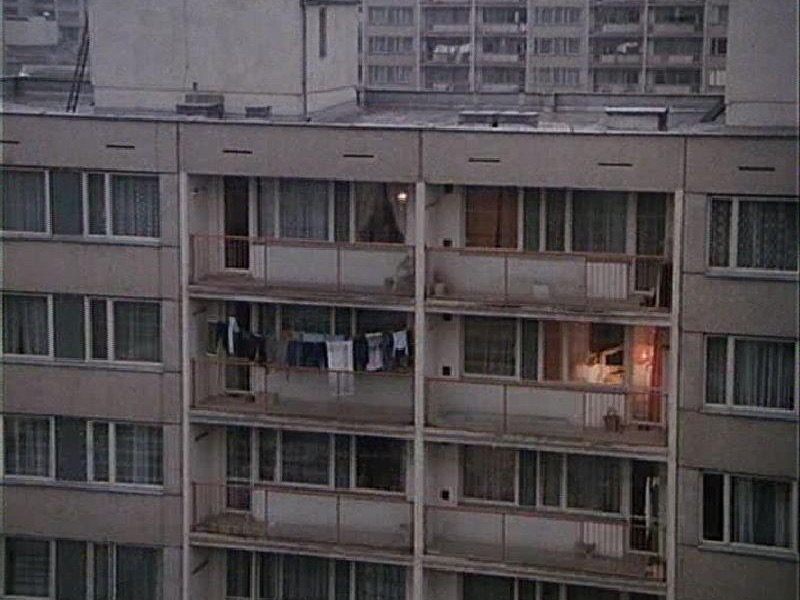
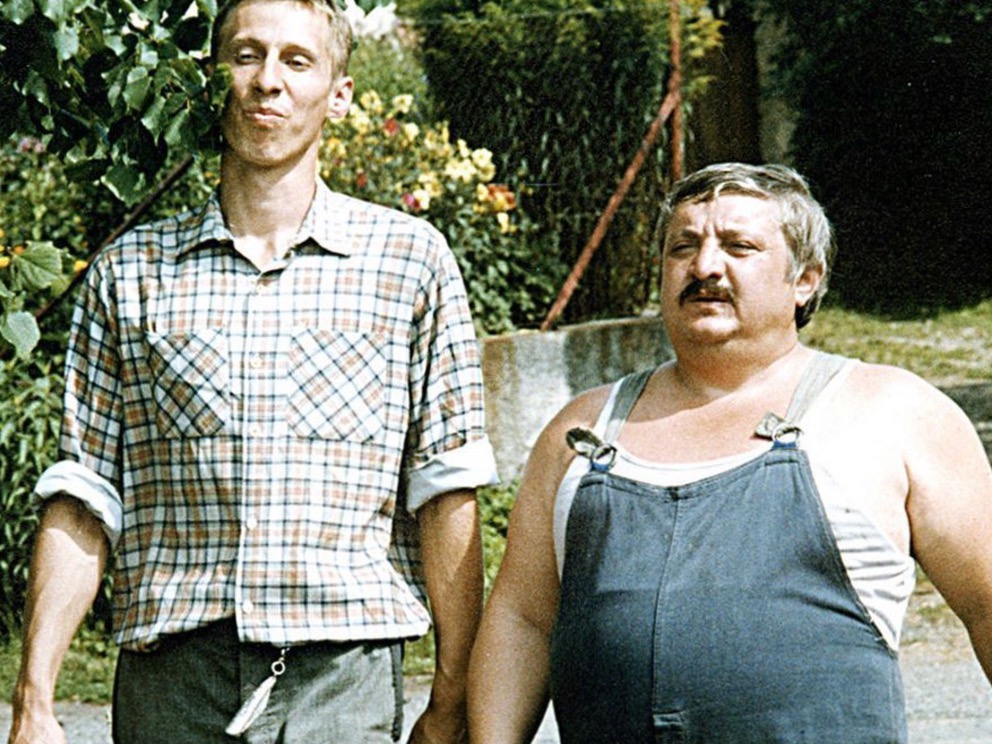
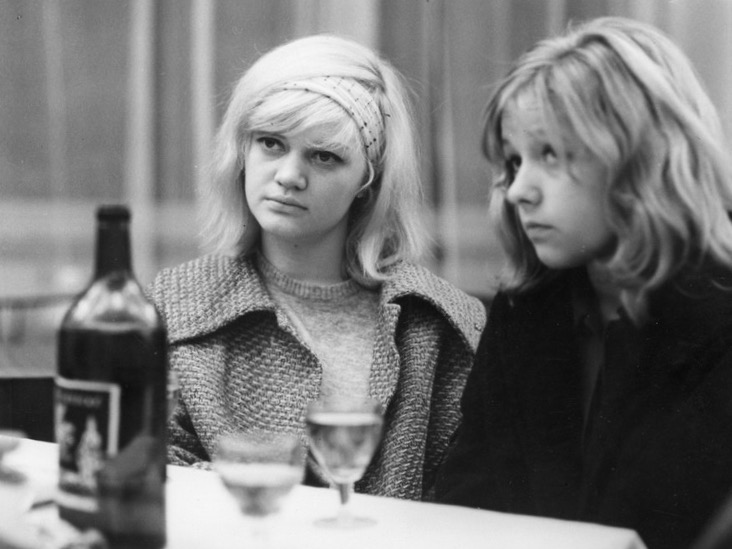

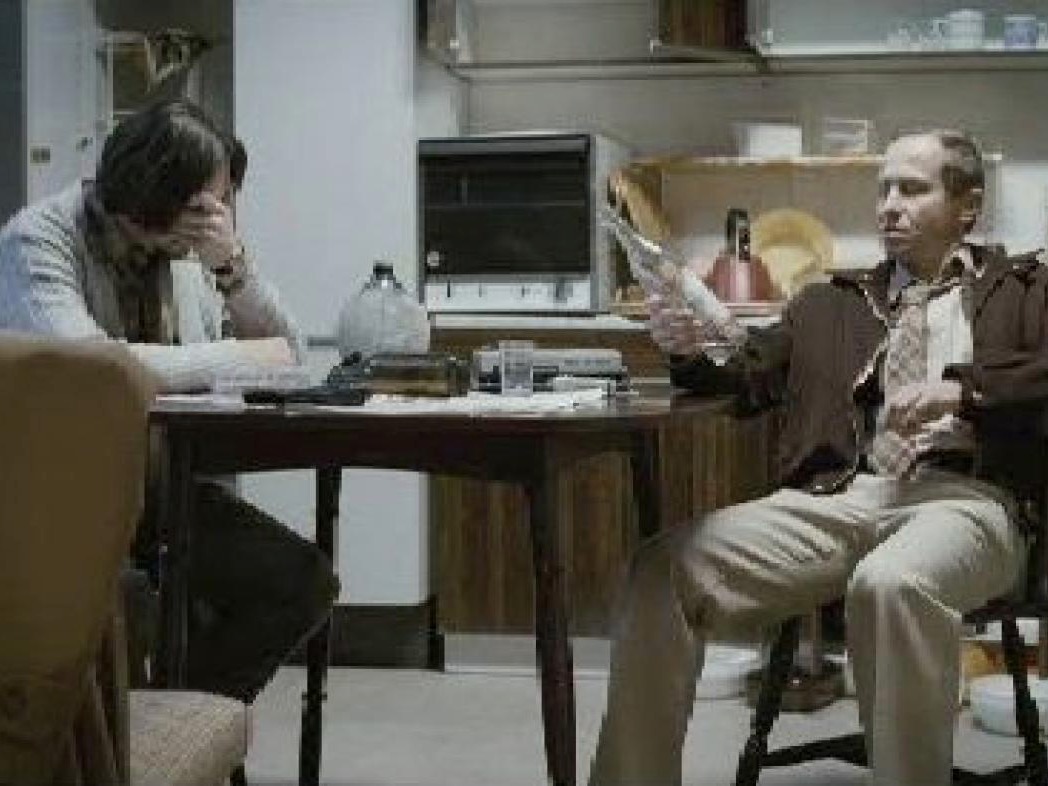
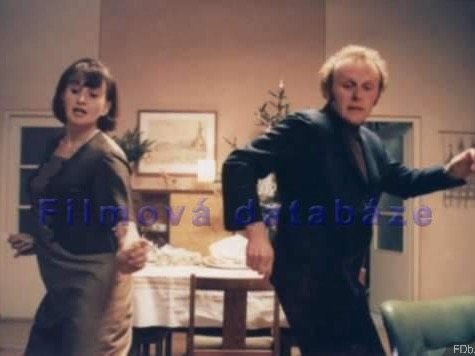


Great list. I was always partial to Šeptej, in addition to Jízda. Reminds me of my days here in the mid- to late 1990s.
Good list, although it lacks all my three Czech movie favorites.
Those are:
– Intimní osv?tlení / Intomate Lighting (now available as a Criterion edition)
– Chytilová’s Faunovo velmi pozdní odpoledne (The Very Late Afternoon of a Faun), a hilarious and dark take on aging, sex, masculinity, and an ode to Prague
– Limonádový Joe.
I’d add that for pure Czech filmic sensuality/lyricism, I love Valérie a týden div? and Šašek a královna.
Lemonade Joe! Good shout.
Try “Je t?eba zabít Sekala”, imho the best Czech post-velvet movie. Impressive and depressive western from the sun scorched Moravian village during the WW2.
All great films, but I would add Želary and I do have a soft spot for Post?ižiny!
Et les films slovaques ??
Avant 1989 cela n’existe pas pour vous ???
I finally tracked down a copy of “Bony a klíd” after seeing it mentioned on your blog a few times. This is an old post, but I still felt the need to post a warning, just in case. I assumed “best- (or worst-) ever use of a “Frankie Goes to Hollywood” soundtrack” meant the music didn’t match the movie, or it plays during an interesting scene. I did not realize that the song “Relax” would play repeatedly throughout the movie. Over and over. Never ending. You *are* the song “Relax” now. I’ve had it stuck in my head for four days, and I would blow my brains out to make it stop, but knowing my luck, my hell would just be a room in which “Relax” plays on repeat.
I did otherwise like the movie, though. I’m going to try to find “Jízda” next. Fingers crossed it has better music.
Don’t say I didn’t try to warn you 😉
Hello! I wonder if you can help me. I saw a Czech film in the 1980s that I’m trying to track down. All I remember is the end, where a couple who have been trapped in a cabin escape via sledding down a snowy hill. It was very uplifting and I am hoping someone here knows the film; thanks!